Have you considered education? No, this isn’t an article about how to raise your kids, this is an article about how to tie your characters’ backgrounds to the storyworld in which they live. Because unless your characters are infants or going through schooling in the novel, by the time we meet them they’ve already received some form of learning and thus some shaping influences.
But before we get ahead of ourselves, education is more than just learning the three Rs. While the term usually means literacy and knowledge, it can also include survival skills and trades. Thus even people we don’t think of as “educated” have certainly received some amount of learning, even if only from the school of hard knocks. The type of education a character receives will be a huge part of his background and thus determine who he is as a person.
Consider FN-2187 from the movie Star Wars, The Force Awakens. “Finn,” as he is called by his friends, received an imperial education where he was indoctrinated to follow the orders of his superiors. The goal of his training was to prepare him for construction and warfare. He is thus knowledgeable about those subjects, but lacks creativity because of the structure in which he was raised. Contrast this with the enigmatic Rey, who received some sort of training (maybe by Luke? Who knows at this point?), but primarily she taught herself how to make a living in the wastes. She possesses a deep degree of mechanical know-how because of her chosen method of survival. Also, because she’s been forced to figure life out on her own, she is very creative. But she lacks knowledge of anything outside of her little world because she’s not been taught about it.
Another contrast we can look at is from one of my favorite movies, The Gods Must Be Crazy. In one scene, a very educated South-African woman finds herself lost in the bushes of the Serengeti Desert, where she meets a tribal bushman. In his tongue-clicking language, the bushman tries to explain the animal prints on the ground and thus the suspected predator activity in the area. Having never learned to read animal tracks (or speak bushman), the woman is clueless. The bushman looks down on this educated woman because she is, from his perspective, uneducated. And based on their predicament at the time, her western, factory-model instruction was completely useless. Without having learned about the wilderness or gained an aptitude for critical thinking in foreign situations, she was at an utter loss. Unfortunate for her, but hilarious for the audience.
Bold Ted from Tom Morrissey’s Pirate Hunter also displays a unique form of education. One not from survival or formal schooling, but from an apprenticeship. His first mentor, Vicar Bascombe, buys Ted as a slave in Africa, but raises him as his own son. He teaches him not only reading, writing, and arithmetic, but also Scripture, history, and philosophy. These skills become valuable to Ted’s next mentor, Captain Henry Thatch. When Thatch discovers Bold Ted’s level of education, he quickly takes him on to teach him navigation, tactics, and the trade of the seafaring thief – piracy.
All of these different forms of educational background help create rich characters, but they do more than that. By showing a person’s education, the authors (and movie writers) help create more vibrant and diverse storyworlds. Finn and Rey’s very different backgrounds help flesh out the Star Wars universe. The contrast of educations in the Gods Must Be Crazy helps highlight how different the two worlds are, despite being a short bus ride from each other. And Bold Ted’s education shows that despite the brutality of slavery, goodhearted individuals sometimes triumphed over evil.
So if you’re writing a fantasy or sci-fi novel, consider the educational systems your characters went through. And use those systems to liven up the storyworld they live in!
If you can think of any more examples of unique education experiences from books or movies, please let me know in the comments section below!
[Star Wars Picture from http://www.bustle.com/articles/131201-are-rey-finn-a-couple-in-the-force-awakens-fans-of-a-romance-should-have]
[Gods Must Be Crazy picture from http://www.nytimes.com/video/movies/100000003388038/the-gods-must-be-crazy-2.html (actually from the sequel, but they’re very similar)]
[Pirate Hunter image from http://www.tommorrisey.com/4436.html]


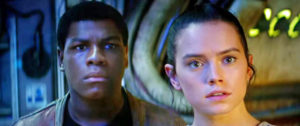
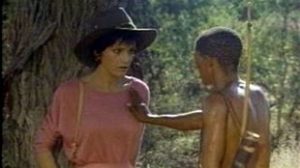
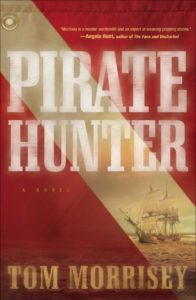
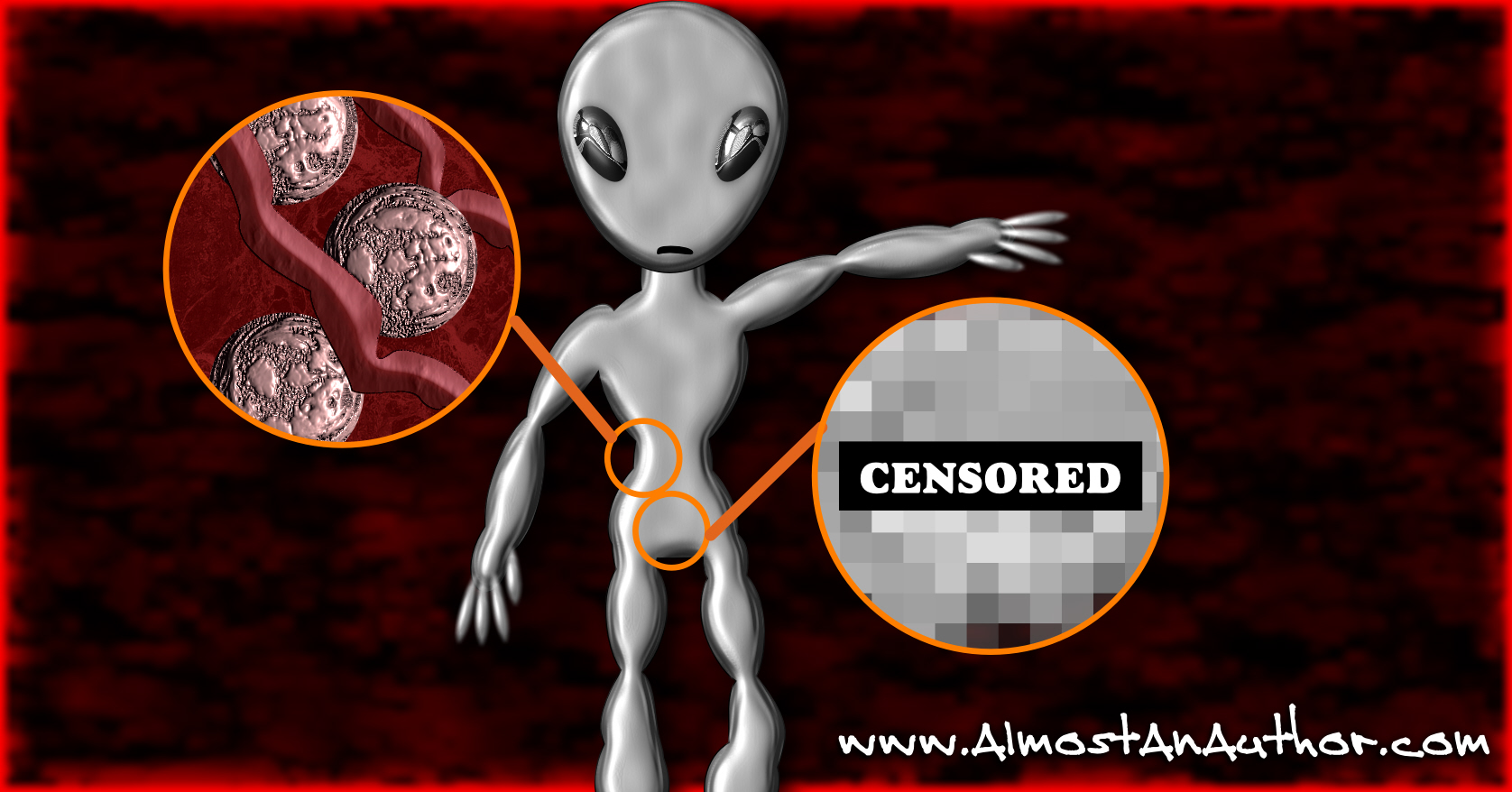
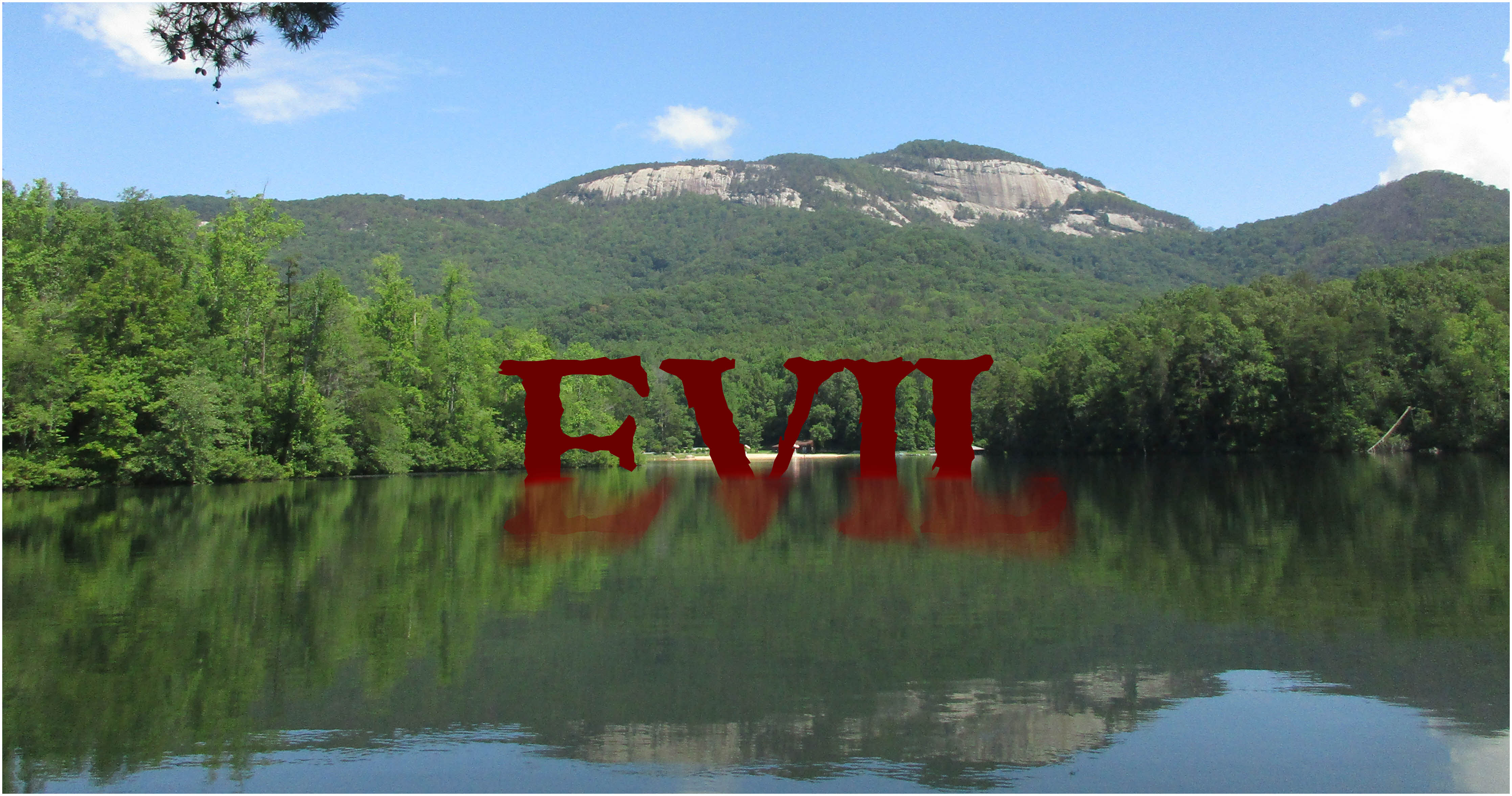
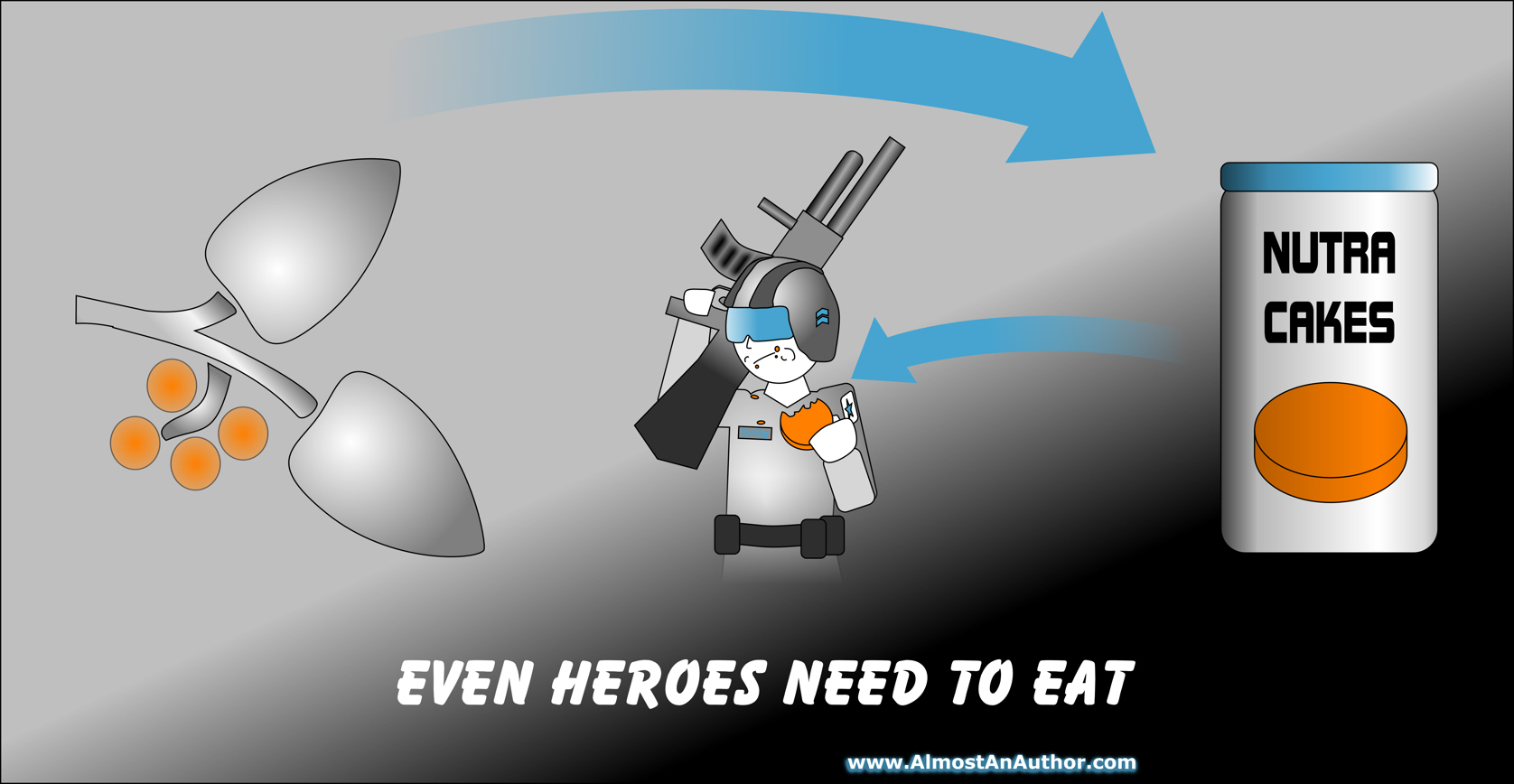


1 Comment
Great point. I love the Andy Griffith shows. One of the first shows has Aunt Bea coming to live with Andy and Opey. When she is getting in the car to leave, Opey finally decides she has to stay because, “she doesn’t know anything. She can’t play ball or fish. How will she survive?” Apparently education is dependent on the situation. We do need to let our characters “education” shine in our stories. Our readers will love us for it.